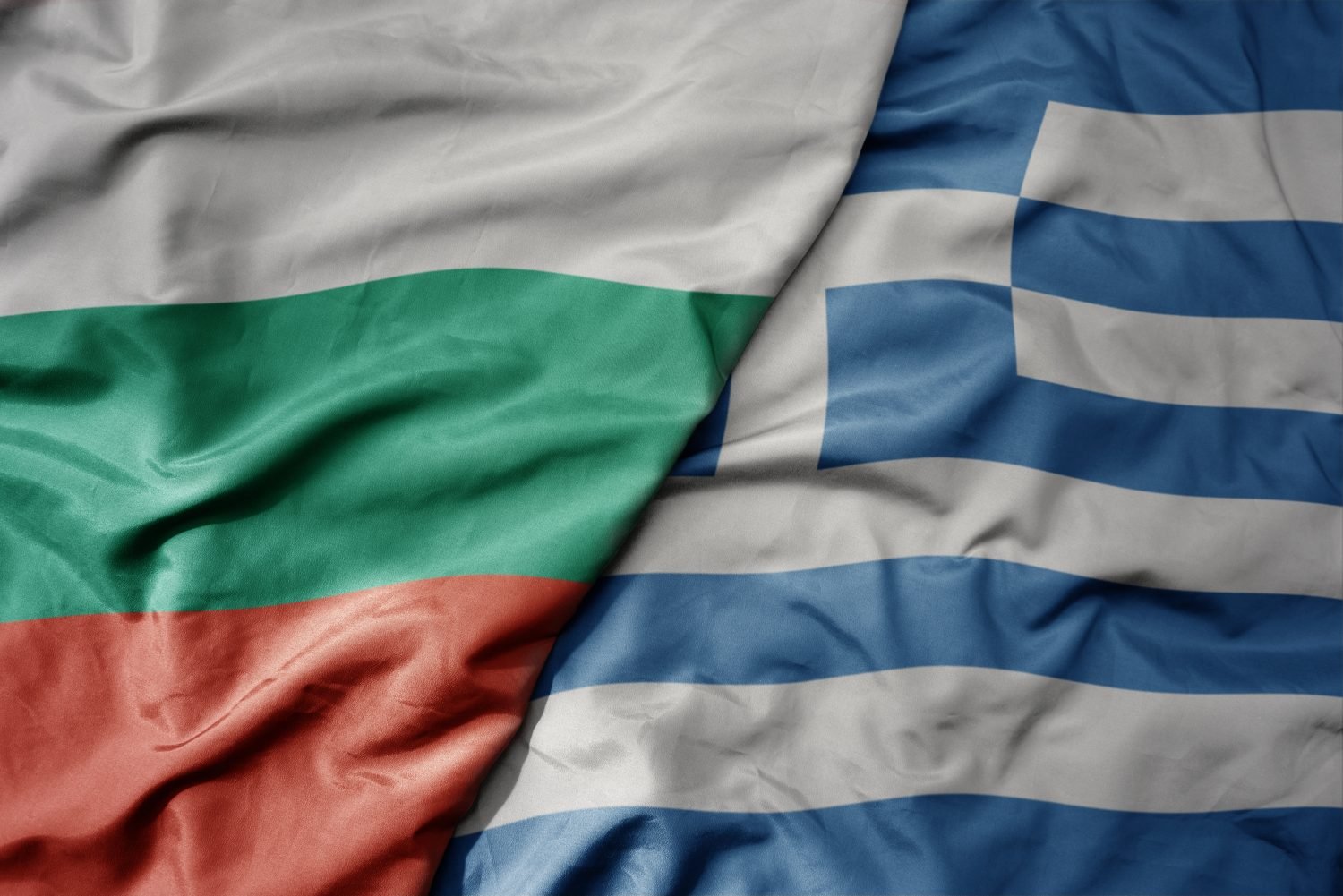


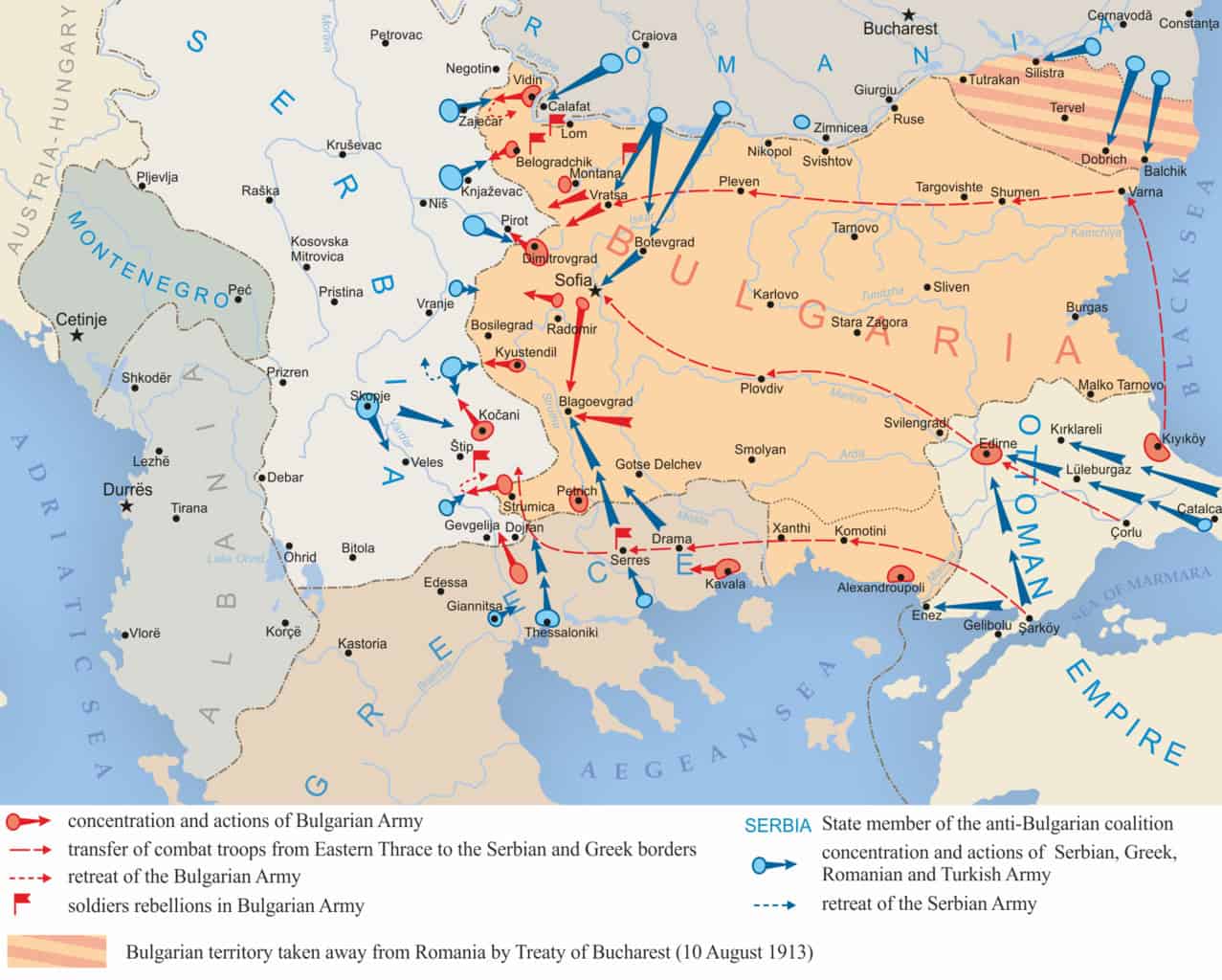
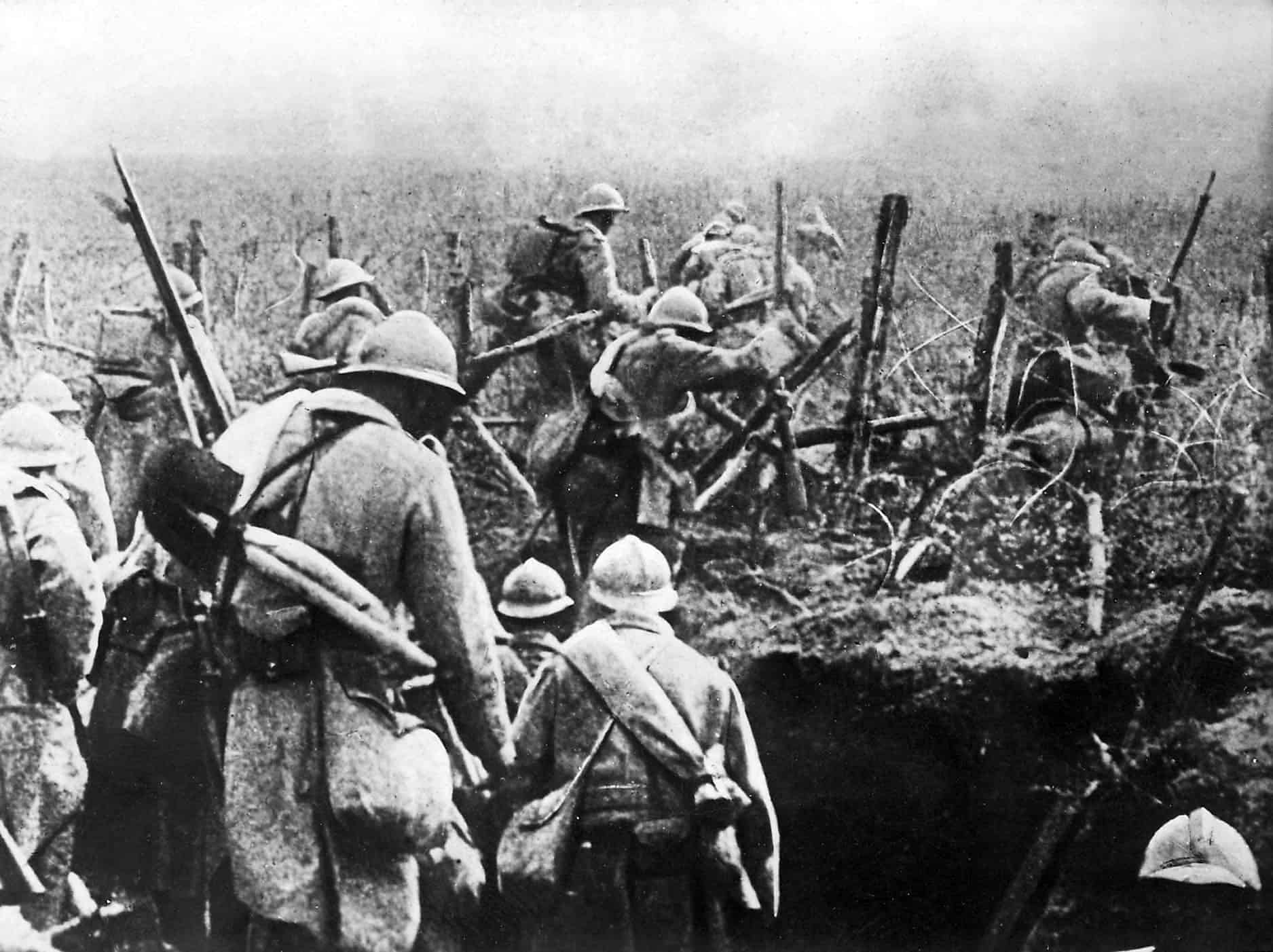
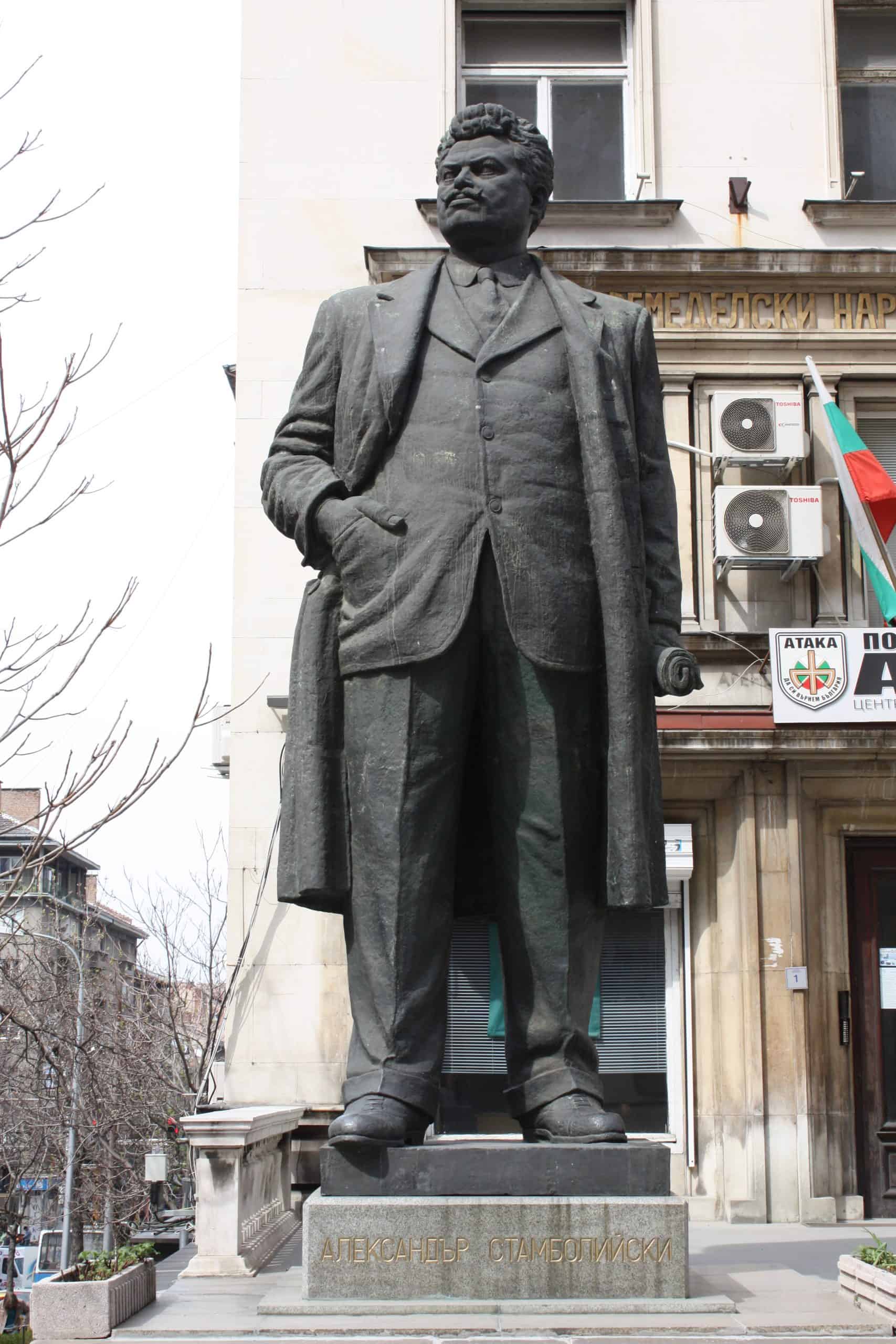


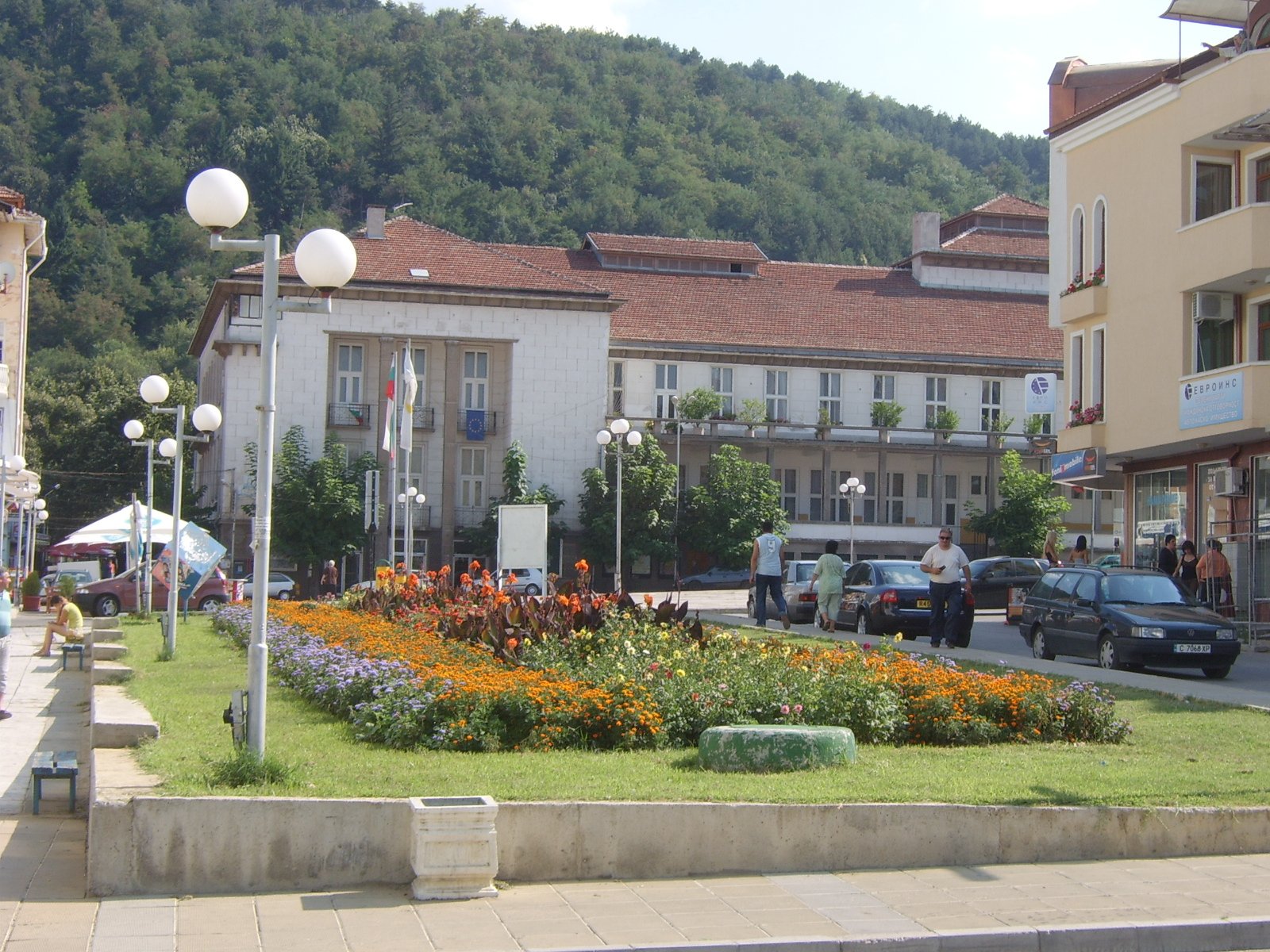




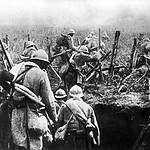




The Stray Dog that Sparked a War in Eastern Europe
Did a stray dog cause a war in Eastern Europe? The end of the Great War left tensions and hatred in place, while Europe attempted to mend its wounds. Border tensions between Greece and Bulgaria were long-simmering, resulting in two previous wars. Today's recap covers one border incident that boiled over for arguably trivial reasons.
Greece and Bulgaria
Before a stray dog could even cause a war, it is important to note the tensions between Greece and Bulgaria. The early 20th century saw the great powers of Europe coalescing into empires, the Great War was a foregone conclusion. Greece and Bulgaria's strained relations came about due to the territories of Macedonia and Western Thrace.
The Macedonian Struggle
Before the War of the Stray Dog, there was the Macedonian Struggle. While it never escalated into a full-blown war, there were skirmishes, reprisals, and condemnations on both sides. Years of guerrilla warfare would occur between Greece and Bulgaria from 1904 to 1908, without a satisfying conclusion.
The Second Balkan War
1913, a mere year before the Great War officially started, saw Bulgaria going on the offensive. The Second Balkan War came about due to dissatisfaction from Bulgaria regarding the spoils and territories won in the First Balkan War. A stray dog may have caused a later war, but the tensions were already in place.
The First World War
You can think of the Great War as a culmination of centuries worth of grudges between the European powers of the time. While the First World War saw Europe ravaged, Greece came away with Western Thrace and the Aegean Macedonia. However, as discussed previously, the War of the Stray Dog was looming on the horizon.
Further Complications
1923 put the kettle on the burner in terms of letting tensions boil over. The Internal Macedonian Revolutionary Organization, or IMRO, assassinated Bulgarian Prime Minister Aleksandar Stamboliyski due to his policies. Said policies were hated by the nationalist factions and internal revolutionaries in Bulgaria, Thrace, and Macedonia.
The War of the Stray Dog
Things came to a head on October 18th, 1925. One account of events relates to a Greek soldier chasing after his stray dog. The animal crossed the Greek and Bulgarian border into Bellasitsa. Further, this was just the latest in a round of saber-rattling that led to lethal ramifications. However, another version attests that Bulgarian soldiers knowingly crossed the Greek border. As a result, two Greek soldiers would be killed.
The League of Nations
Lasting merely 10 days, the War of the Stray Dog still attracted international attention. After the incident, Greek soldiers invaded the Bulgarian town of Petrich. Needless deaths occurred, with the primary casualties being civilians caught in the crossfire. A telegram from the League of Nations stalled the war in its tracks.
An End to Hostilities
As per the League of Nation's demands, there was to be a cessation of all hostilities and Greek authorities would pay reparations. While the War of the Stray Dog was short-lived, it showed cracks in the League of Nations foundations. Greek protests over rules established for the likes of major European powers would show the flaws in the League's ruling. This did nothing to bury the hatchet, and the League of Nations dissolved in 1946.


